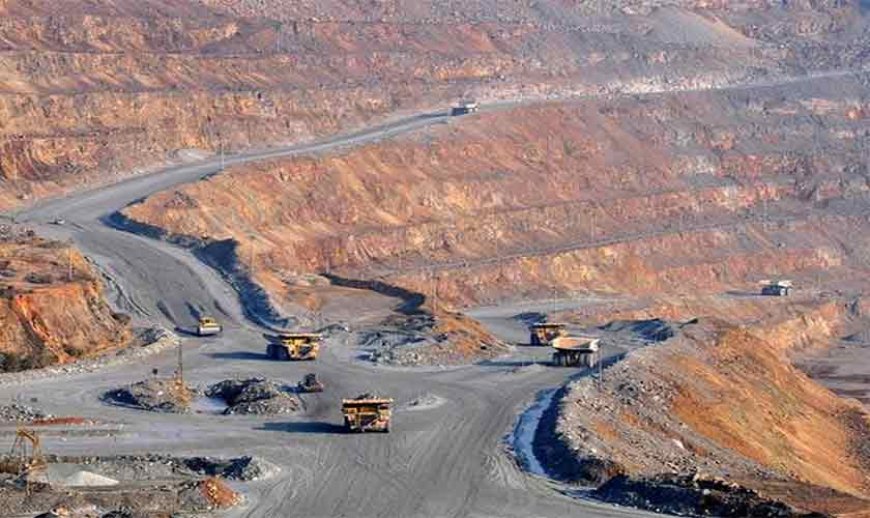Reko Diq Mining Project Secures $5.5 Billion in Global Funding
Reko Diq secures $5.5 billion in global financing for its copper and gold mining project in Pakistan, signaling a bright future for the country’s economy.

Pakistan has achieved a major milestone in its mining sector as the Reko Diq copper and gold project successfully secured over $5.5 billion in global financing commitments, surpassing the initial target of $3.74 billion. This breakthrough marks a defining step toward unlocking one of the world’s largest untapped deposits of copper and gold.
A Landmark Development for Pakistan’s Mining Sector
Located in the Chagai District of Balochistan, Reko Diq is expected to become the cornerstone of Pakistan’s mineral economy. The total project development cost stands at $7.48 billion, with construction for the first phase set to begin in December 2025. Operations are projected to start by 2028, signaling a new era for industrial growth and investment in the region.
Global Financing Partners
The $5.5 billion financing package highlights growing international confidence in Pakistan’s mining potential. Major institutions contributing to the project include:
-
U.S. Export-Import Bank (EXIM): Approximately $1 billion
-
Japan Bank for International Cooperation (JBIC): $300 million
-
Denmark’s Export Credit Agency: Providing equipment financing guarantees
-
International Finance Corporation (IFC): $700 million, including a $400 million subordinated loan without sovereign guarantees
-
Asian Development Bank (ADB): $300 million loan and a $110 million guarantee to support Balochistan’s share
The deal follows a 50:50 debt-to-equity structure, with final closure expected by September or October 2025.
Economic Impact: A Boost to Pakistan’s Future
Reko Diq’s development is expected to deliver transformational benefits across multiple sectors:
-
Export Growth: Projected to generate $2.8 billion in annual exports, strengthening Pakistan’s foreign reserves.
-
Job Creation: Thousands of direct and indirect jobs will emerge during the construction and operational phases.
-
Infrastructure Expansion: A new ML-3 railway line will link the mine to Port Qasim, ensuring efficient transport of minerals.
-
Revenue Generation: Federal and provincial governments will benefit from taxes, royalties, and profit-sharing dividends.
With the ability to process 45 million tonnes of ore annually, Reko Diq is set to sustain operations for at least 37 years, with opportunities for future expansion through continued exploration.
Strategic Importance for Pakistan
Reko Diq is not just a mining project — it’s a strategic investment in Pakistan’s economic future. The initiative aligns with national goals to diversify revenue sources beyond textiles and agriculture while attracting sustained foreign investment in infrastructure and energy sectors.
Experts see Reko Diq as a catalyst for Pakistan’s transition toward resource-based industrialization, fostering greater investor confidence and job security in the coming decades.
Commitment to Sustainability and Local Communities
The project places strong emphasis on environmental responsibility and community welfare. Modern mining methods will be employed to minimize ecological impact, manage water usage, and ensure safe waste disposal.
Additionally, community programs focused on education, healthcare, and infrastructure will be launched in nearby regions to ensure local residents directly benefit from the project’s success.
Looking Ahead: A Defining Moment for Pakistan
The $5.5 billion financing milestone is more than just an investment it symbolizes international faith in Pakistan’s potential and governance. Once operational, Reko Diq is expected to generate over $74 billion in free cash flow over nearly four decades, making it one of the most lucrative mining ventures in South Asia.
As Pakistan moves forward, Reko Diq stands as a beacon of opportunity, representing what can be achieved through strategic partnerships, transparency, and sustainable development.
For more updates, visit Nation bytes

 Israr Ahmed
Israr Ahmed